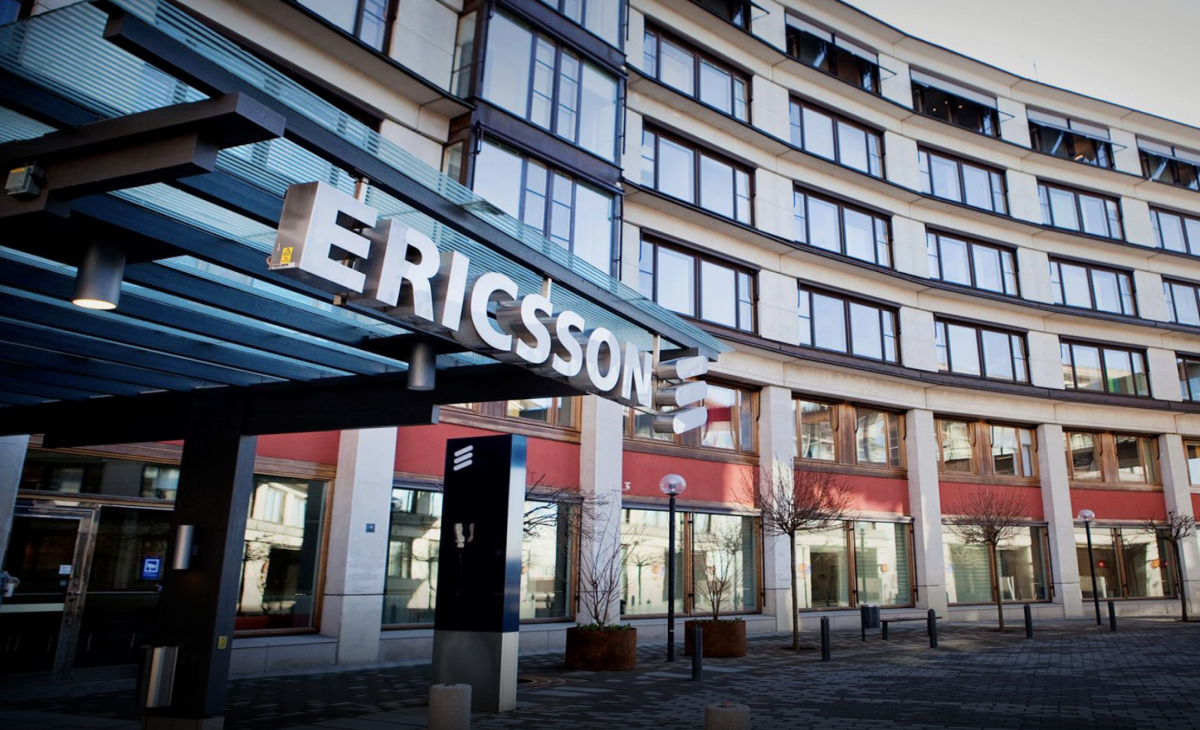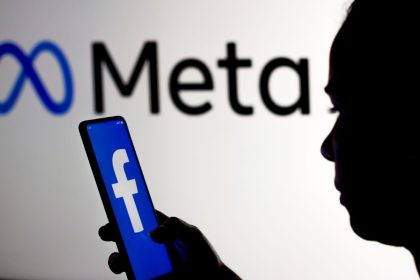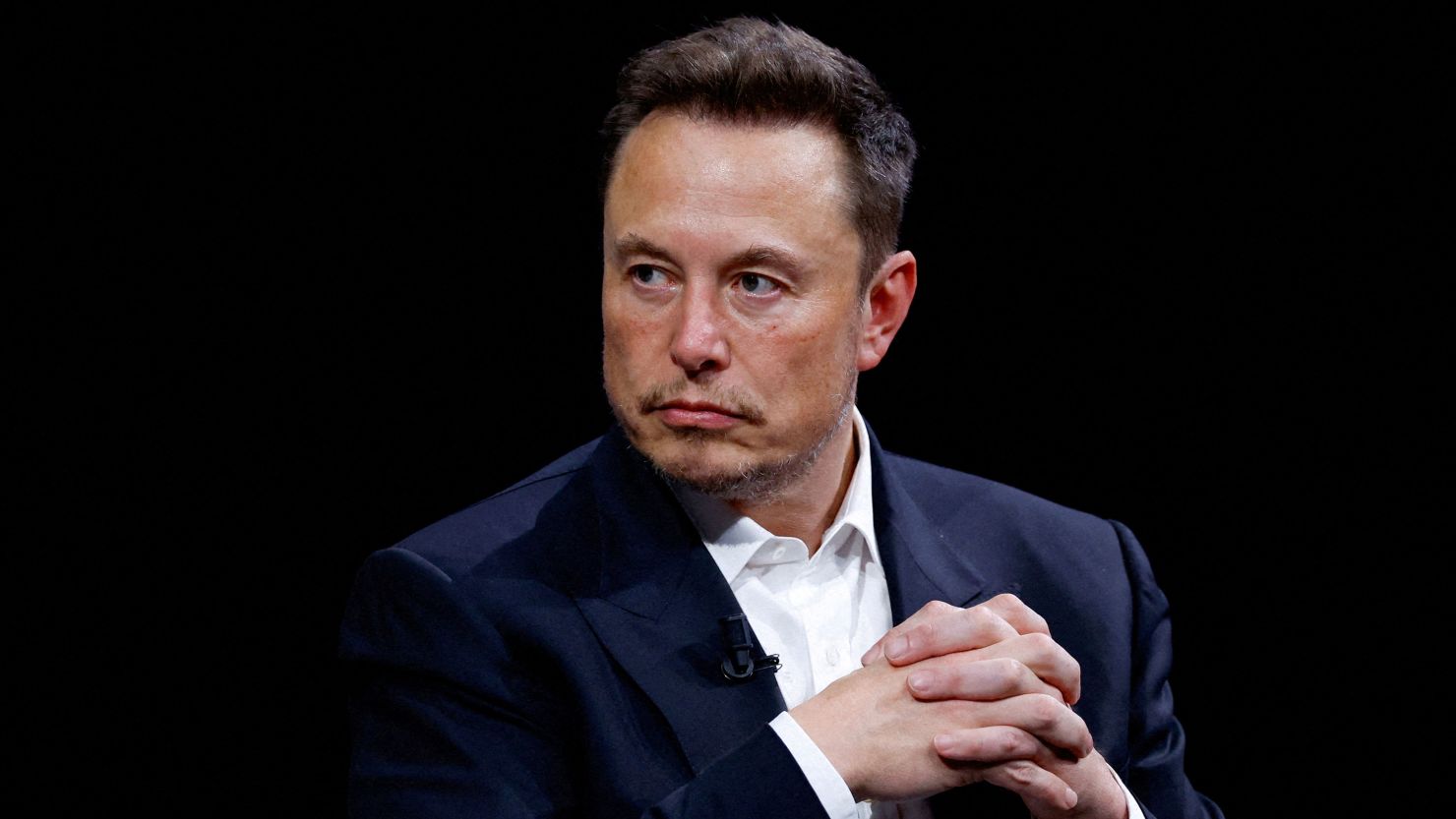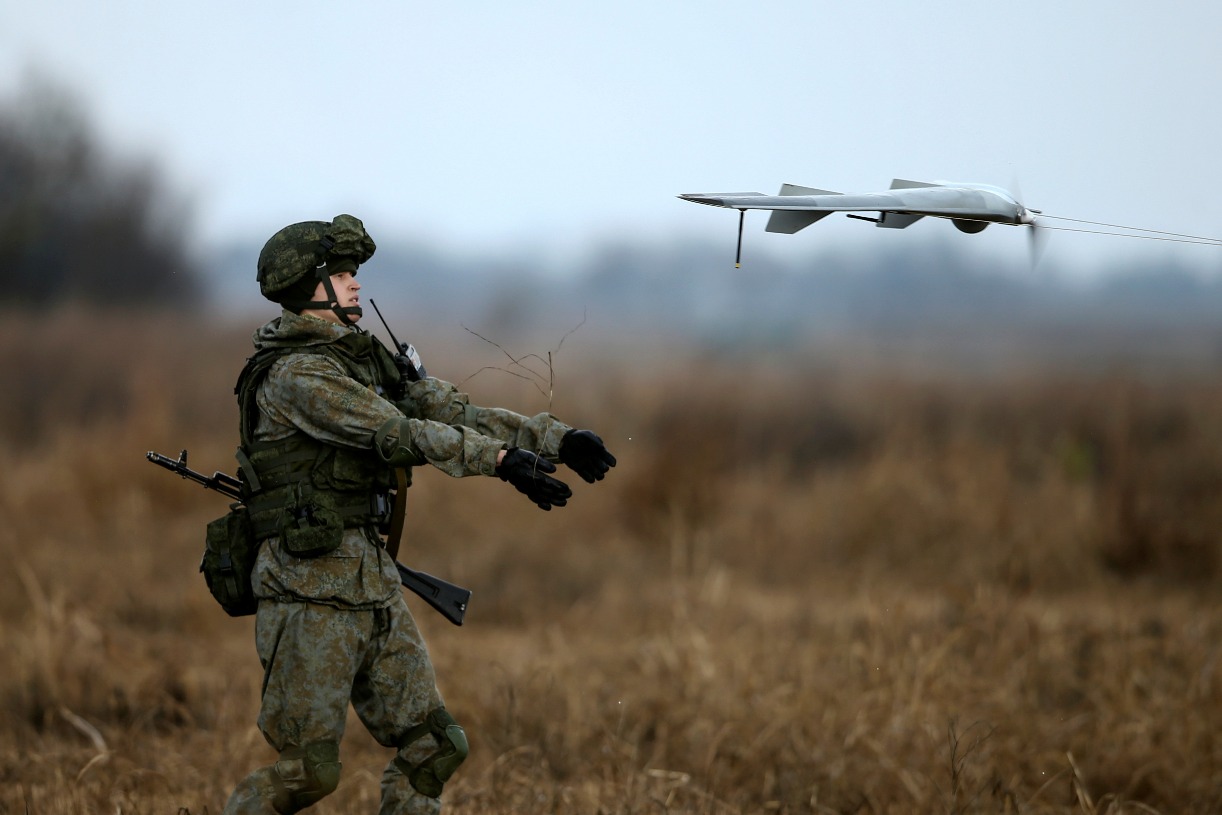[ad_1]
Swedish telecom equipment firm Ericsson Inc. has reported forecast-beating fourth-quarter net profit, but warned analysts that a pending decision by its government regulators to ban Huawei 5G technology could result in retaliation against its Chinese businesses.
The company reported fourth-quarter net profit attributable to shareholders of 7.52 billion Swedish kronor ($900 million) compared with SEK4.43 billion in the year-earlier period, Market Watch online reported.
Sales rose 4.8% higher to SEK69.59 billion.
Analysts polled by FactSet expected net profit of SEK5.69 billion on sales of SEK68.07 billion, the report said.
Sales of network equipment rose 11% on year mainly driven by higher hardware sales, and all markets reported growth apart from the Middle East & Africa where the macroeconomic impact of Covid-19 had a negative effect on operators’ capex levels, the company said.
Gross margin at Ericsson’s networks unit rose to 43.45% from 41.1%.
The company said the pandemic has fast forwarded the digitalization of societies, including remote working, by months if not years, the report said.
“We see more signs that countries and enterprises see 5G as a key access technology, with increasing deployment speed in Australia, the Middle East, North East Asia and the US,†said.
However, the company cautioned that the Swedish telecom regulator’s decision to exclude Chinese vendors from 5G networks may create exposure for Ericsson’s operations in China.
“The Swedish telecom regulator’s decision to exclude Chinese vendors from 5G networks may create exposure for our operations in China,†the firm said. “There is a risk (of) measures taken by China that are targeted at the economic interests of Sweden and Swedish industry, including those of Ericsson.â€
The company said it remains fully committed to the 2022 target as a milestone toward the long-term earnings before interest, tax and amortization target of 15%-18%. The 2022 margin target is 12%-14%, excluding restructuring charges.
Sweden’s telecoms regulator, the Post and Telecoms Agency, has banned local operators from using equipment supplied by Chinese tech giants Huawei Technologies and ZTE Corp., citing national security risks, and concluded a 5G auction event last month where bidding companies were mandated to remove existing parts from the two Chinese companies by 2025.
The stakes are high for the world’s third-largest telecom equipment supplier by revenue, Caixin Global reported.
Geopolitical tensions between the US and China could hamper Ericsson from meeting future sales targets, the company said in its latest report, citing the “weakened Swedish-Chinese relationship†stemming from the US-led campaign to throttle the business of Chinese 5G telecom vendors in the past year.
Barring any retaliation, Ericsson forecast that sales of its mainstay radio access network gear – the antennas and base stations that act as local connections between users of mobile phones and computing devices — would grow 4% in China during 2021, twice as fast as the US market and outpacing the 3% growth estimate for global sales this year, Caixin reported.
But the company has been unnerved by the decision of its home government to exclude Chinese vendors from 5G networks, which is likely to create more uncertainties for Ericsson’s business in China, company President and CEO Borje Ekholm said in the statement.
It’s not the first time Ericsson has floated the possibility that Sweden’s moves against Chinese telecom gear-makers could put its own business in the middle of a global trade war, Caixin reported.
Last year, the legal fight by China’s Huawei to have the Swedish ban reversed also saw Ekhold weigh in.
“For Ericsson and Sweden, we’re built on free trade. We’re built on the opportunity to trade freely,†Ekhold told the Financial Times in November. “From my perspective it is important that we have open markets and free competition.â€
Ericsson said its Board of Directors will propose to the Annual General Meeting on March 30 a dividend to the shareholders of 2.00 Swedish kronor per share for the financial year 2020, compared to 1.50 kronor per share paid last year, NASDAQ.com reported.
The dividend is proposed to be paid in two instalments, 1.00 kronor per share with the record date April 1, and 1.00 kronor per share with the record date October 1.
[ad_2]













